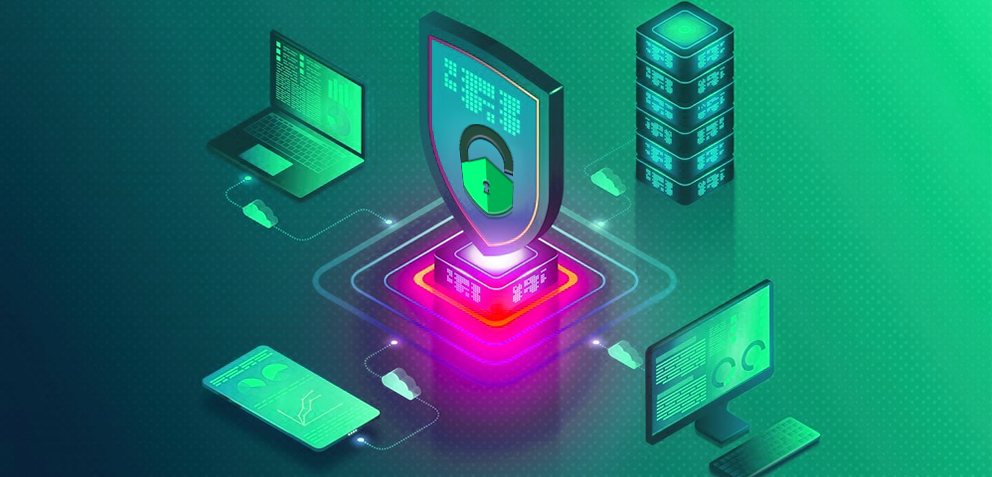Are Your Smart Devices Spying on You? The Hidden Dangers of IoT


It’s no secret that our homes and offices are becoming smarter by the day. The Internet of Things (IoT) has revolutionized our lives, from voice-activated assistants to smart thermostats and even refrigerators. But, while IoT devices bring immense convenience, they also pose a hidden threat to your cybersecurity.
In this article, we’ll dive into why these connected devices might be the weak link in your digital defenses, how hackers exploit them, and what you can do to stay protected. So, grab a coffee, and let’s explore the fascinating and sometimes frightening world of IoT security!
Let’s be honest—smart devices are pretty awesome. They can automate your lights, help you monitor your house from anywhere, and even tell you if you’re running low on milk. But with great convenience comes great responsibility—or, in this case, greater risks.
IoT devices are often not built with security as the primary focus. Many of them lack the robust security measures we’ve come to expect from laptops, tablets, and smartphones. In many cases, they are easier to hack, especially if you haven’t changed the default passwords or updated the software.
And once a cybercriminal has access to one device on your network, it can become the entry point for attacking others. That cool smart fridge could end up being the Trojan horse that lets a hacker into your entire home network.
READ MORE: The Evolution of Internet Scams: From Phishing to Deepfakes
So, how do hackers actually exploit these devices? Let’s break it down.
One of the most common ways is through outdated software or firmware. IoT devices are often not updated regularly, leaving them vulnerable to attacks that have already been discovered and documented. If your smart lightbulb or security camera hasn’t had a firmware update in months—or years—it might be an easy target for hackers.
Weak passwords are another glaring issue. Many IoT devices come with default passwords that users rarely change. Hackers can easily access these devices if the password remains “admin” or something simple.
Once they’re in, they might be able to listen in on your conversations, turn your devices on or off, or worse—use them as a stepping stone to gain access to sensitive information on your network.
And then there’s the issue of unencrypted communication. Many IoT devices communicate with each other and with the cloud over unsecured channels. This means that if a hacker intercepts the data, they could easily read and even manipulate it. Imagine someone intercepting the data from your baby monitor or smart lock—terrifying, right?
Now, you might be thinking, “Why would a hacker care about my smart coffee maker or thermostat?” But here’s the thing—hackers aren’t necessarily targeting your coffee machine for its data. Instead, they use it as a backdoor into your network.
Once inside, they can pivot to other devices—like your computer or smartphone—that hold more valuable information. A hacker might steal personal data, like your bank account information or social security number, or they could use your network to carry out larger attacks on other targets.
Even worse, some IoT devices have been recruited into large botnets, like the infamous Mirai botnet, which used compromised devices to launch distributed denial-of-service (DDoS) attacks on major websites. So, even if the hacker doesn’t directly steal your information, they could still use your devices to wreak havoc on the internet.
ALSO READ: Cobalt Strike: A Growing Threat to Cybersecurity
Okay, enough with the doom and gloom. Let’s talk about how you can protect your IoT devices and, by extension, your network.
Internet of Things (IoT) gadgets can be quite risky for cybersecurity even though they are very convenient. The AVP Suite fills that need. Our cutting-edge antivirus software protects your IoT devices and personal data from internet dangers and malware.
You can rest easy knowing that AVP Suite protects your connected devices, smart home appliances, and other Internet of Things devices against nasty hackers and attacks. Our robust antivirus engine constantly looks for weaknesses in your network and gets rid of viruses before they can do any damage.
Don’t let IoT devices compromise your cybersecurity. Protect yourself with AVP Suite!
There’s no denying that IoT devices make our lives more convenient and connected. But, with that convenience comes a risk to your cybersecurity. By taking simple precautions—like changing passwords, keeping your devices updated, and using antivirus software—you can reduce the risk of your smart devices being compromised.
It’s all about balancing convenience with security.
So, the next time you buy a smart device, take a moment to consider how you’re securing it. While it might be cool to tell your coffee machine to start brewing from your phone, it’s even cooler to know that your network is safe from prying eyes.
Secure Your Data from Cyber Threats with AVP Suite
Become smarter before it’s too late; secure your smart devices now.
Want to know more about how to secure your smart devices? Talk to an expert now.
RELATED READ: The Undead of Browsers: Internet Explorer and its Zero-day Woes